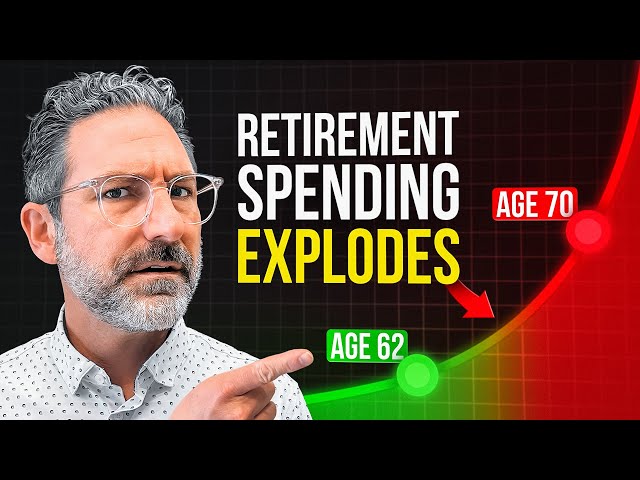One of the most commonly asked questions that financial planners get from their clients is how much cash they should have readily available in retirement.
This question may always be floating around in the back of retirees’ minds–but it becomes even more pressing when trouble rears its head, as it has recently (in the form of interest rate hikes, high inflation, and stressful geopolitical news).
You might have a sizable nest egg saved (and congratulations if you do!), but if all of it is tied up in stocks, selling some of those positions to pay the bills could have a long-term impact on your overall financial picture–especially if you do so early in your retirement.
Click the button below to get your Free Retirement Assessment!

So, how much liquidity should an early retiree aim to maintain when market volatility is high?
Many experts agree that, at a minimum, you should keep one full year of living expenses in cash. This amount can vary, however, depending on your other sources of retirement income, such as Social Security. And, if you’re especially conservative, you may want to keep up to two years of living expenses in cash.
Keep in mind, though, that market volatility can resolve quickly and unexpectedly. If too much of your nest egg is out of the market, you’ll miss that rebound. And, over the long term, cash just can’t keep up with inflation.
The follow-up question, naturally, is “where should I keep the cash?”
The most obvious answer is a bank account (although that may not be the best option, unless it’s a high-yield account). A money market mutual fund is also an attractive option for cash. Whatever you decide, make sure you have easy access to the account, so that you can withdraw from it when you need it.
Wondering how much cash you should have access to? An advisor can help you figure it out. Click here to schedule a no-obligation meeting with one of our experts to get some ideas–and this one’s on us.
______________
Alli Thomas

Alli Thomas has worked in the financial services industry for nearly 20 years, with a focus on retirement-related investing. She began her career as a FINRA-licensed participant-services call-center associate at Vanguard, and then moved to Principal Financial Group, where she worked closely with employers, assisting with retirement plan set-up and design, selecting appropriate plan investment offerings, and maximizing employee participation through targeted education campaigns and enrollment meetings. Alli has also worked as a qualified 401(k)administrator and registered investment advisor for several small investment firms. She now writes about all things investment- and finance-related, leveraging her extensive experience and passion for retirement planning to help investors make well-informed financial decisions.





.jpg)


.jpg)







